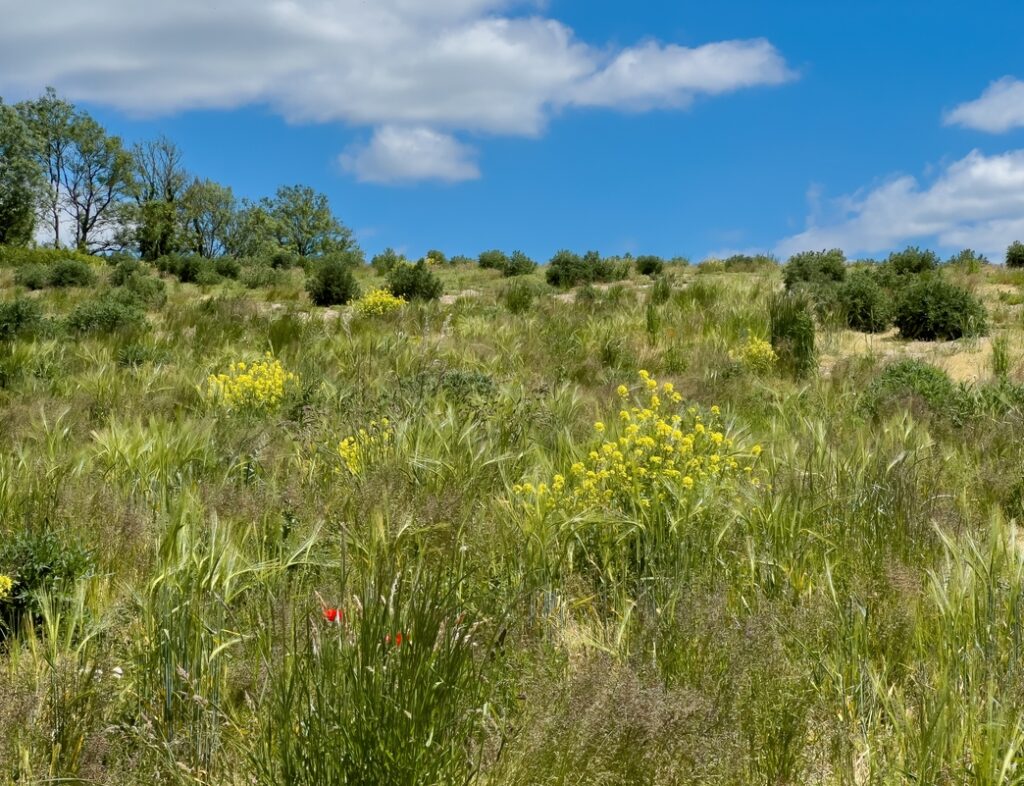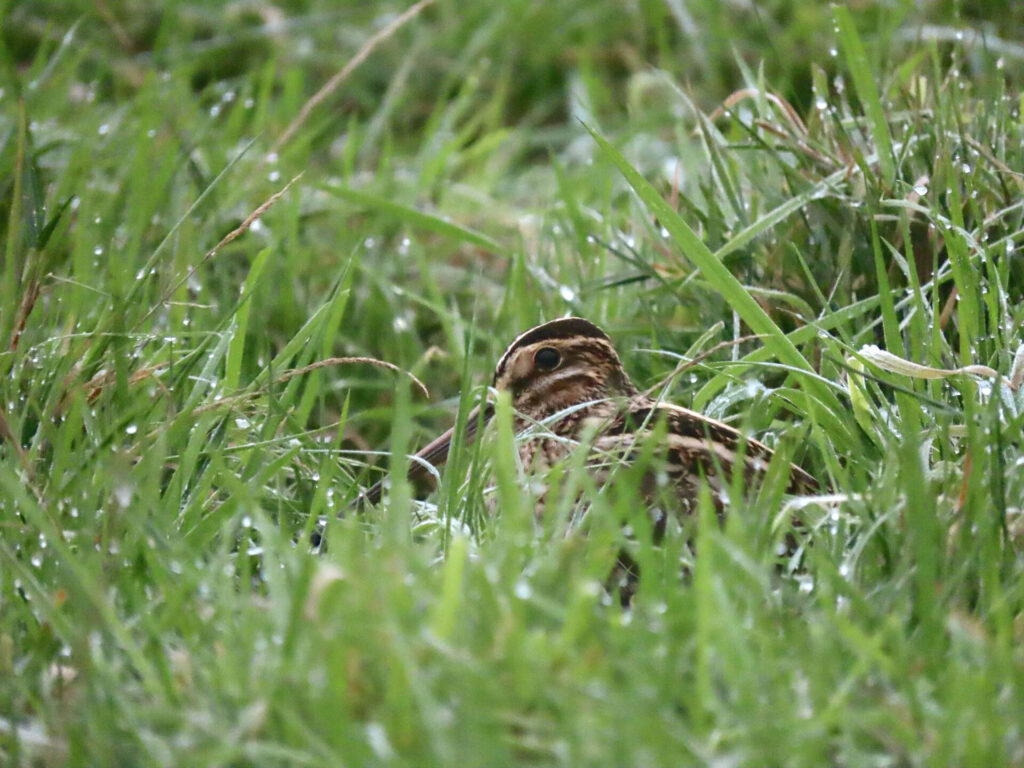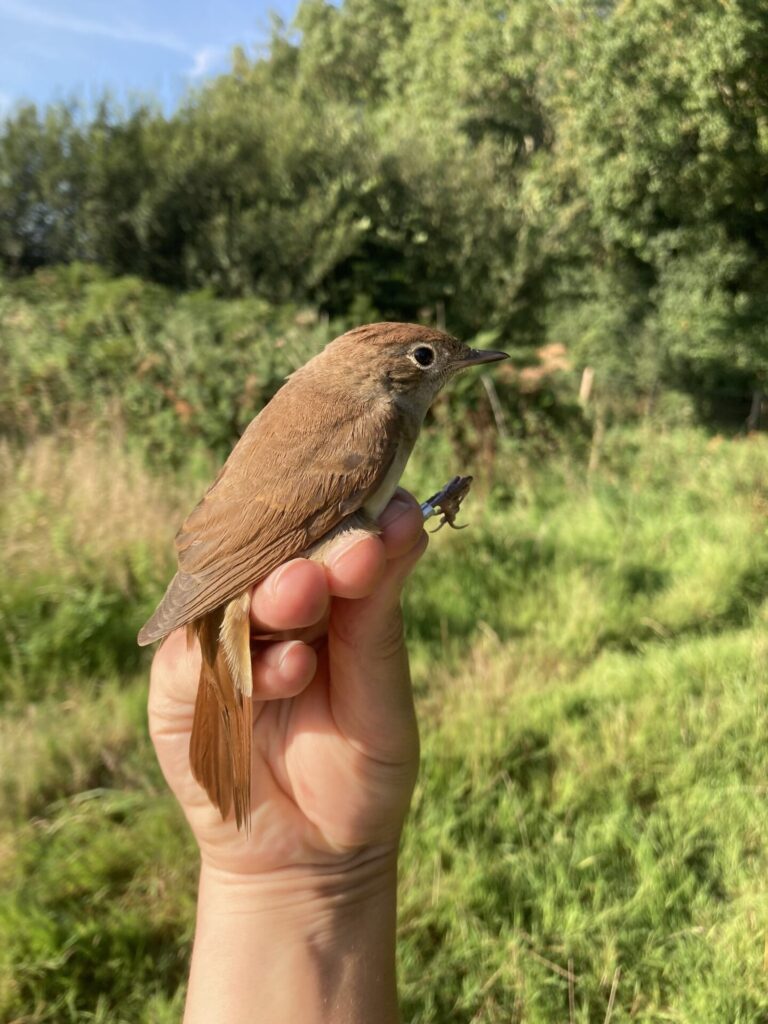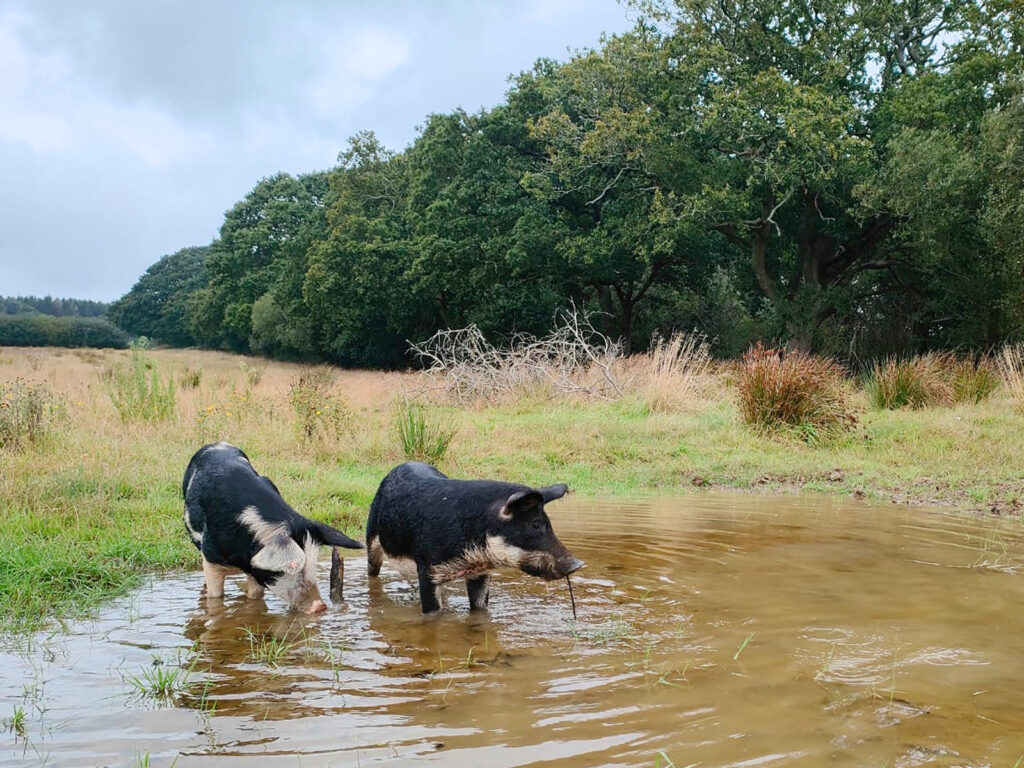From free roaming cattle to thriving wetlands – rewilding efforts at Wild Woodbury are enhancing biodiversity and water quality

Image: James Burland
Three years into Dorset Wildlife Trust’s rewilding project at Bere Regis, Wild Woodbury has become a beacon of environmental restoration and community involvement. The site is thriving thanks to its pioneering initiatives, including the introduction of free-roaming livestock, transformative river restoration and inspiring community efforts, the site is thriving.
One of the standout achievements has been the introduction of free-roaming livestock. In partnership with a local farmer, Wild Woodbury has welcomed Hereford cattle, Exmoor ponies and Mangalitsa x Berkshire pigs to the 170ha. They all play a key role in the natural management of the landscape. Their grazing, rootling and browsing creates a dynamic habitat, enhancing biodiversity and allowing a wide variety of plant species to thrive.

Wild Woodbury has recorded an astonishing increase in wildlife, with more than 1,900 species now identified on-site – an uplift of 600 species since the project began – and small mammals like harvest mice and water shrews have flourished. The small mammal abundance has in turn benefitted reptiles and birds of prey, and we have now recorded four out of the UK’s six native reptiles on site: slow worm, grass snake, adder and common lizard.
The ambitious Stage Zero* river restoration work carried out in year two has allowed water to follow its natural course, creating new wetlands across Wild Woodbury that support species such as frogs, dragonflies and wetland birds like common snipe and lapwing.

Image: Seb Elwood
In fact, all birdlife at Wild Woodbury has thrived. Regular bird-ringing sessions revealed that 40 different species were ringed in the third year alone, including nightingales and pied flycatchers. Birds of prey such as red kites, sparrowhawks and peregrine falcons are now frequently spotted, drawn by the increase in small mammals.
The project has also improved the water quality. Regular water testing, conducted through taking monthly water samples across the site, has shown that levels of nitrogen, phosphorous and suspended solids have decreased across Wild Woodbury, helping to prevent these nutrients from entering the watercourse which feeds internationally-significant Poole Harbour.
It has been wonderful to witness the local community actively engaging with Wild Woodbury. A new car park and 13 hectares of open-access land have enhanced public accessibility, allowing more people to explore the site. Guided walks and educational tours about rewilding have proved hugely popular, helping visitors to connect with nature and understand the principles behind this ground breaking project.
Three years in, Wild Woodbury stands as a shining example of how rewilding, supported by community efforts, can restore landscapes and create rich, biodiverse ecosystems.
To learn more about Wild Woodbury, three years on, visit: dorsetwildlifetrust.org.uk

*Stage Zero restoration works to restore a waterway to its natural floodplain, stream processes and ecosystem, producing remarkable benefits to river health, heritage, wildlife, sustainability and resilience.



